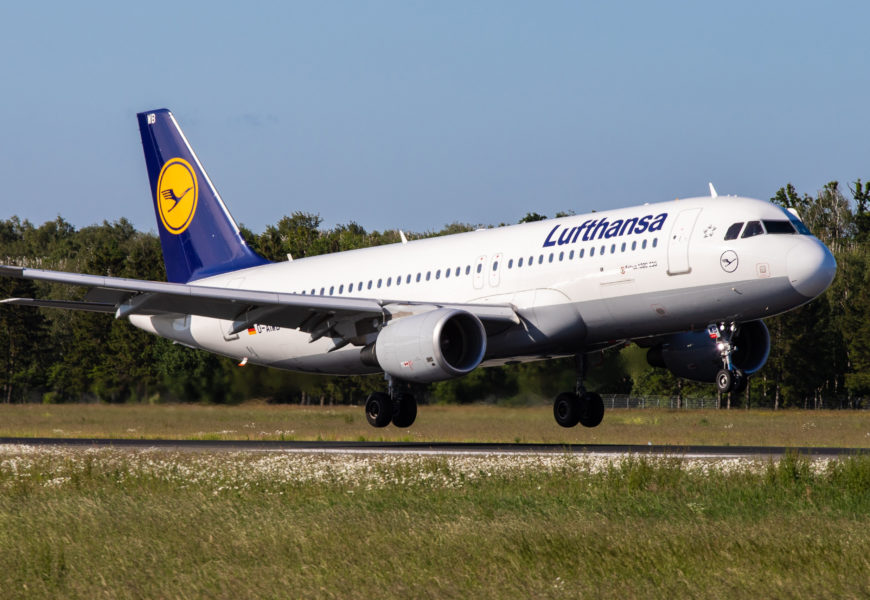Scientists and linguists have recently confirmed that gedurft is the most German-sounding word that is actually a part of the German language. Gedurft, a past tense form of the verb dürfen, meaning “to allow,” overtook Flugzeug, meaning “airplane,” when it was discovered in 1993 upon the fall of the Berlin Wall. However, there was much debate among both the international linguistics community as well as high school sophomores as to whether it was more German-sounding than Gespräch, meaning “conversation.” Both parties eventually reached an agreement on gedurft last week simply because it sounds so goddamn silly. Like honestly, who can say gedurft in a Gespräch and not immediately burst out laughing? Really pretty much any word that starts with ge- sounds absolutely ridiculous.
Gedurft also beat out jagenflagen, which held the title for three months in 2002, until it was discovered jagenflagen was not a real word, but only something people who don’t speak German said to make fun of it, which they absolutely should do. German sounds like a drunk butcher gagging on consonants, and any poetry written in the language is an offense to beauty.
Most linguists believe that gedurft took so long to find because for many years, during the Nazi and communist regimes in the country, the German people weren’t allowed to do anything. We spoke with a German linguistics historian, Friedrich Franz Wolfgang John Jakob Jingel-Heimer Schmidt von DüsselSüsselstein, via telephone from his home in Baden-Baden on the history of gedurft, and in between laughing at his accent and language, we were able to learn quite a bit.
“Vat ve are learning now is dat gedurft vas aktually much more used dan people zink,” Herr Doktor DüsselSüsselstein told me through my giggles caused by the way he pronounced every word. You could hear the k in “actually” instead of c.
“However, it vas used in vays dat ve prheviously did not rhealize, as in das darf man nicht, vich means dat you can’t do somezing.” When he said the letter r like he was gargling it in the back of his throat and it made him add an h to it.
“Flugzeug ve believe-” yes there’s more! “is much more known because of ze planes ze Germans flew in ze var.” I believe Herr Doktor DüsselSüsselstein then told me something about the conjugations of the verb dürfen, the root of the auditory joy that is gedurft, but I frankly was laughing way too hard to pay attention. Whoever said Germans aren’t funny clearly never heard them speaking English. Or heard them speak German, which is like getting laughter shot directly into your ears.
Readers will be happy to know I managed to persuade Herr Doktor DüsselSüsselstein to say wienerschnitzel and gave him a hearty auf wiedersehen at the end of our conversation. Unfortunately I did not sneeze, so he did not say gesundheit.










